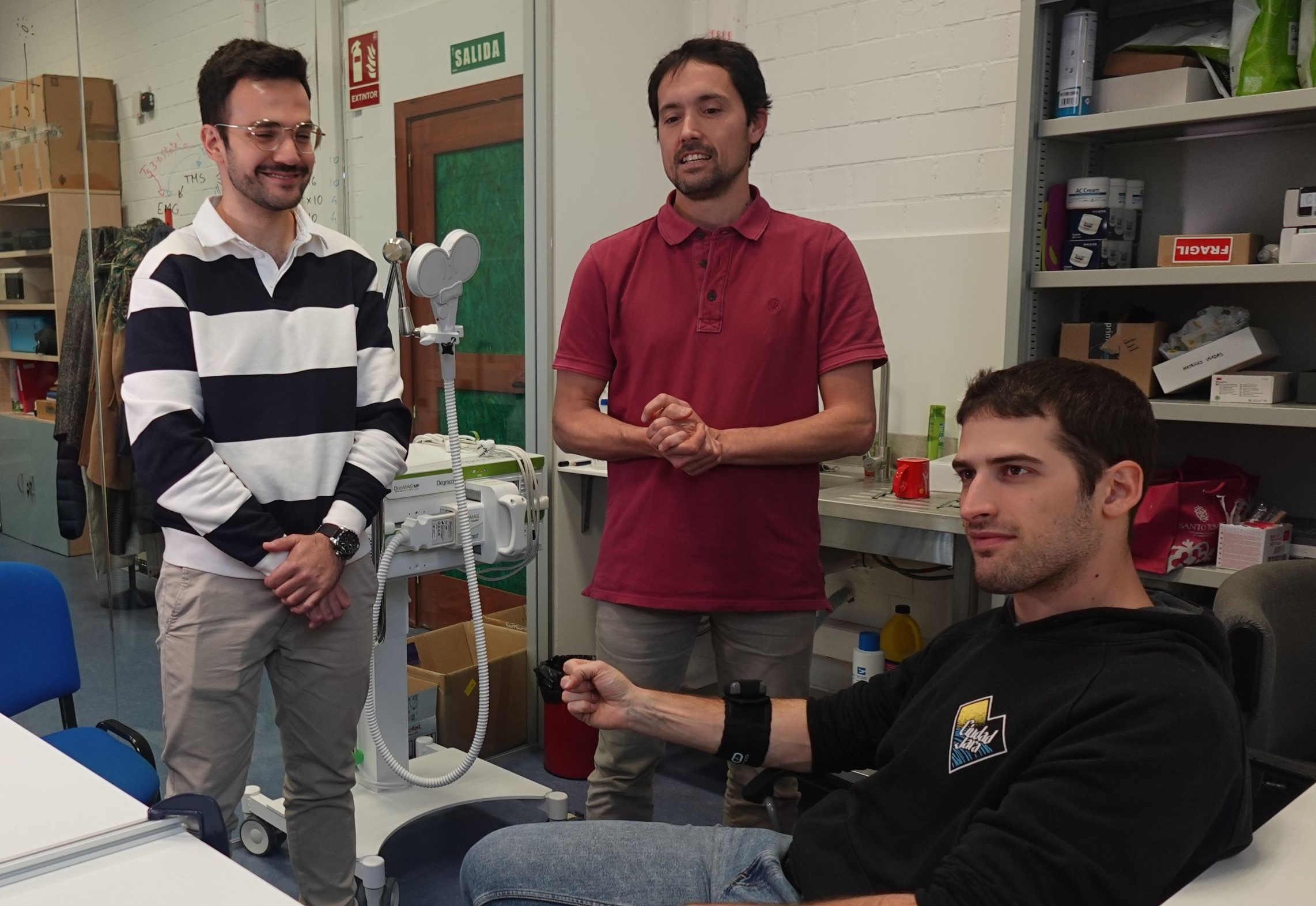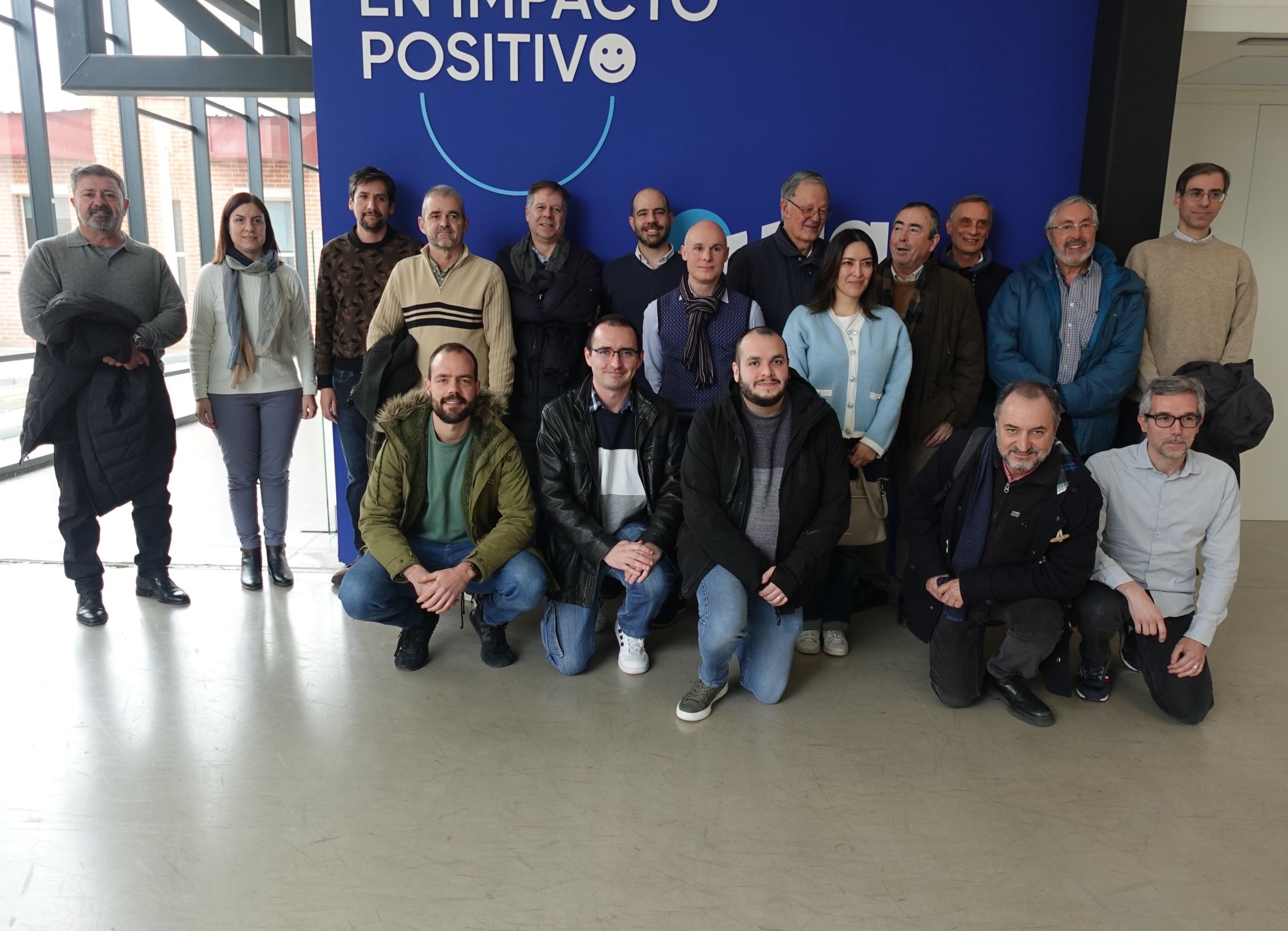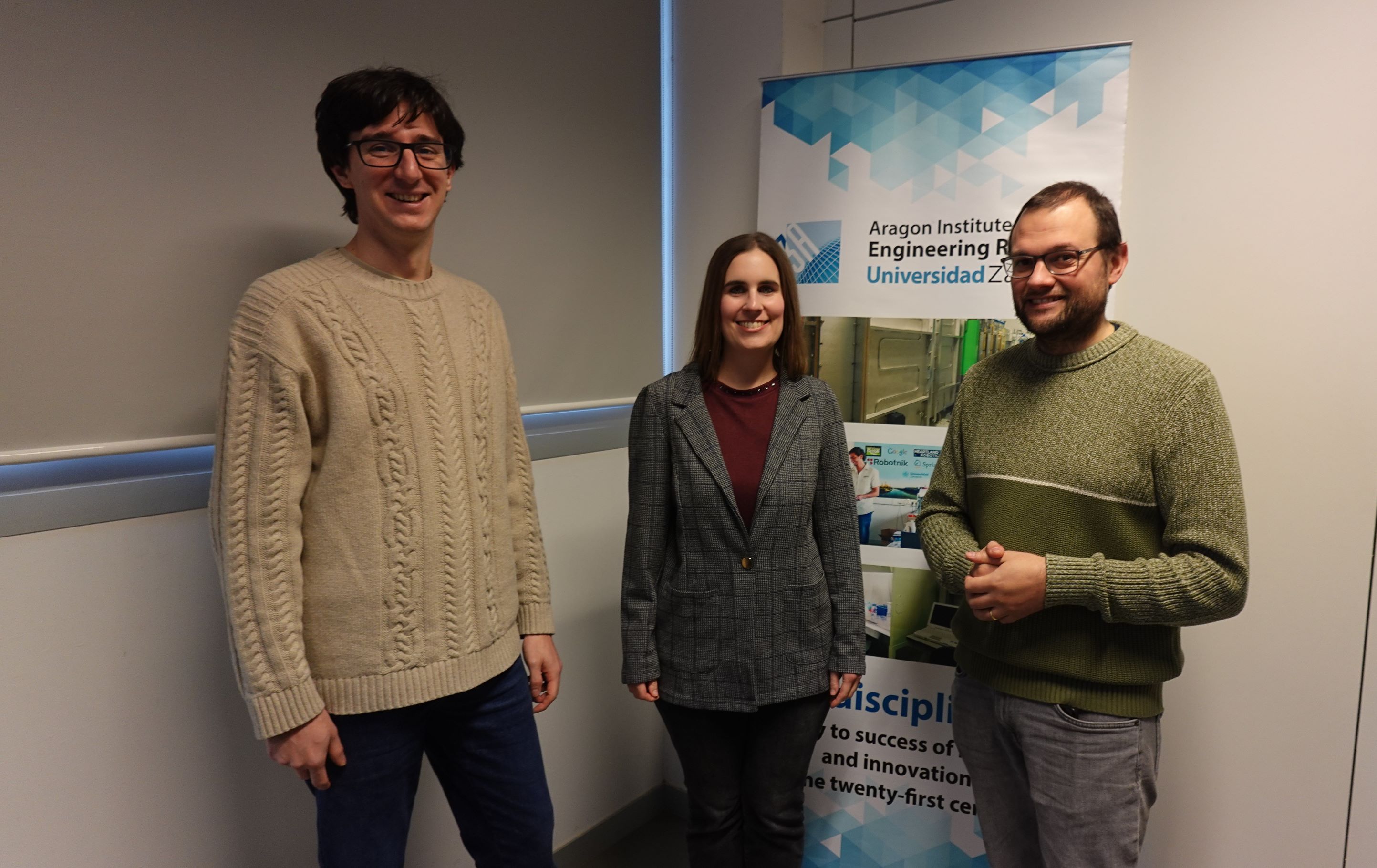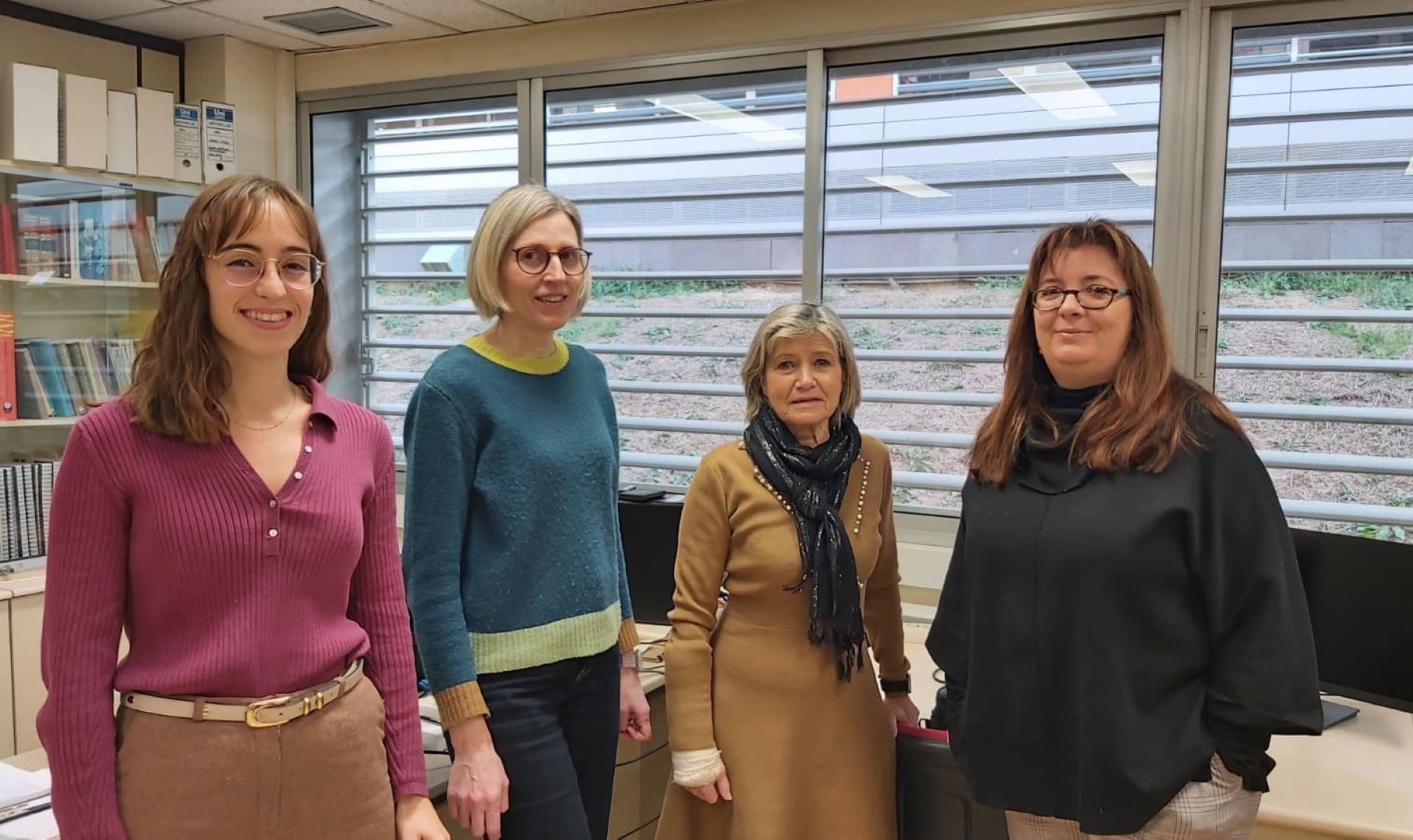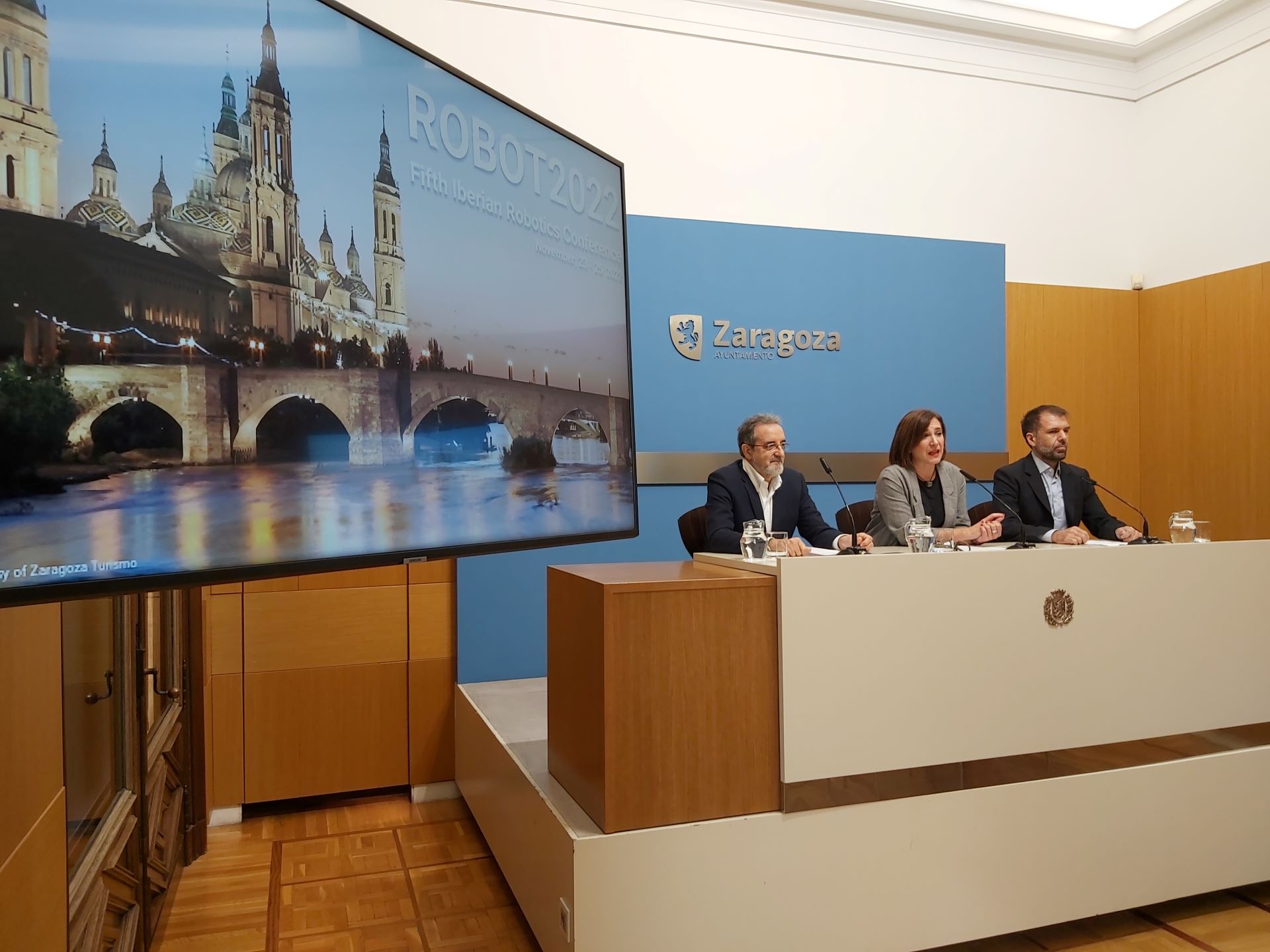
Robotics has experienced rapid growth in recent years, in all sectors of the economy. The use of autonomous mobile robots is expected to increase annually by 40%. They will replace 75 million jobs worldwide, but will create 133 million new jobs, as highlighted at the last World Economic Forum. Some jobs will be replaced by others, which means that retraining and continuous training in the technologies associated with this robotisation will be necessary.
However, although there have been great advances in robotics in recent years, with a significant growth in its implementation in many economic sectors, there are still many challenges for robots to be able to interact with people, safely and without risk. The ability to learn to make correct and quick decisions that bring them closer to human capabilities are still unresolved issues.
The Robotics, Perception and Real Time (RoPeRT) group of the I3A at the University of Zaragoza is bringing the 5th Iberian Robotics Conference to the Aragonese capital, which will take place at the Paraninfo from 23 to 25 November. ROBOT2022 (Fifth Iberian Robotics Conference) is a biennial congress, organised by the Spanish Society for Research and Development in Robotics (SEIDROB) and the Sociedade Portuguesa de Robótica (SPR). It is held alternately in Spain and Portugal.
All the details of this congress were announced this morning at a press conference in Zaragoza City Hall, attended by Sara Fernández, Deputy Mayoress, Danilo Tardioli, President of the Organising Committee of the congress, and Luis Montano, head of the Robotics research group at the I3A.
The congress will address the latest advances in robotics research and development projects, from autonomous navigation and localisation systems for terrestrial, aquatic and aerial robots (drones, in particular), robots in collaborative applications with humans, automatic learning and artificial intelligence for robots, assistance and rehabilitation robots, perception systems with the capacity to interpret the environment and the activities carried out in it, to autonomous vehicle driving.
"It is difficult to accurately quantify the forecasts for robotisation, especially in such an uncertain scenario as the current one. What is certain is that robotisation will bring numerous benefits in terms of productivity, safety and increased quality of life in the workplace and in everyday life," explains Luis Montano, head of the RoPeRT research group.
He cites some examples, such as autonomous driving, when in a few years' time it will be at its highest level, "the number of accidents will be reduced, as most of them are caused by human error. It will also make driving easier for people with some degree of motor disability," says Montano.
The advances also include the use of robotic exoskeletons, controlled mainly by human biological, brain and muscle signals. These devices are beginning to become a reality and "will undoubtedly contribute to improving the quality of life of many people".
In the industrial sector, the replacement of dangerous jobs or jobs in polluted environments will have an impact on the quality of employment by moving people to jobs supervising robots. "And not only from the point of view of improving the quality of work or daily life, but also from the economic point of view if, according to forecasts, there is a net increase in jobs and a clear improvement in productivity and the quality of the products manufactured," the I3A researcher stresses.
This fifth edition of the Iberian Robotics Congress will be attended by some 150 researchers. There will be technical presentations with the latest research advances in different fields and sectors; advanced national and international projects will be presented, with the participation of important Spanish companies in the field of robotics, which will debate at a round table on the challenges and technology transfer to the industrial sector and society. There will be four plenary sessions, given by four of the world's leading robotics researchers.
The Robotics, Perception and Real-Time Group of the Aragon Institute for Engineering Research (I3A) is working on several of the lines that will be addressed at the congress. More specifically, it is developing research and participating in national and international projects that can be grouped into six specific lines in which Artificial Intelligence systems and, in particular, machine learning is one of the tools being used:
- Autonomous navigation in underground applications, such as galleries, caves or mines.
- Automatic understanding and analysis of scenes and activities using advanced perception systems.
- Reliable and flexible multi-robot systems for covering, transporting and handling deformable objects.
- Intelligent image interpretation for prosthetic vision assistance and enhancement.
- Navigation and precise localisation of robots in highly dynamic environments such as scenarios with humans or other vehicles, e.g. autonomous driving.
- Localisation and construction of visual maps using geometry and deep learning. Application in medical endoscopy.
This work has resulted in an important international presence with publications in the most relevant robotics journals, advanced research projects and transfer of this research to companies. Some of the results of the work carried out over the years will be presented at this congress.
All the information on the congress is on the website: https://www.iberianroboticsconf.eu
